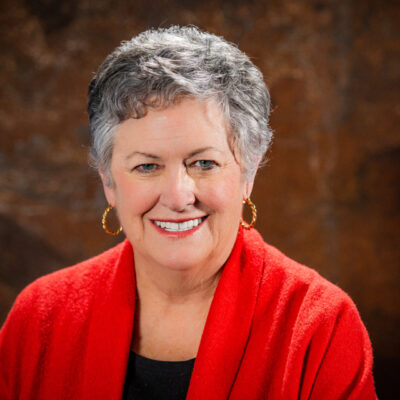As I have every election year for 45 years, I’m looking forward to tomorrow like a five-year-old waiting for Christmas morning.
I’ve already voted, though I rarely vote early. Growing up, my family treated election days like a major holiday. In fact, you could miss Thanksgiving, but you needed an excused absence for failure to share Election Day with the folks. Registering to vote was a bigger deal for me than getting a driver’s license. It was the day I knew I was a grown up. Because my birthday fell days after Election Day, I had to wait a year and a half to cast my first ballot, in the primary election. And on that day I knew I was truly assuming the responsibilities of adulthood. As I had watched my parents do all my life, I not only voted, I attended my precinct convention.
It was also the first time I volunteered in a political campaign, if you don’t count my young years hanging out in campaign and party headquarters while my mother called potential voters, stamped envelopes, and drove people to the polls.
As each of our daughters arrived at that magical age, we’ve ensured that – at least for that first vote – we all went to the polls together, as a family, to exercise the right that should be our country’s great democratic equalizer. We voted on Election Day, so that our daughters could experience the pride that comes with joining with our neighbors in this great combined exercise of adulthood and patriotism. I warned our daughters, as my mother had warned me, election days can bring a basket of disappointments. To be sure, I’ve voted for more losers than winners, and when our older daughter saw her first favored politician lose, we shared a three-generation cry.
Then my state passed a bill requiring people to show a photo ID to vote. That was only the beginning, not just in Texas but across the country, with efforts to purge voter rolls, question addresses, limit voting sites, reduce early voting periods, disenfranchise formerly incarcerated and transgender people, and close offices where IDs can be obtained, among other questionable and potentially unconstitutional moves.
It all brings back memories of another era, one I had lived through: The era of poll taxes – if you could pay the $1.50 to $1.75, you could vote even without an ID. Not only had it suppressed the black and brown vote, it had even suppressed the white vote. In other words, the only people voting were the moneyed class. The poll tax was finally repealed in 1966, just a few years after Dr. King led the March on Washington, and just a few years before I registered to vote.
And here we are, again. Now closing in on her 90th year, my mother, who imbued in me the hope that the electoral process would make a better world, calls me daily to say she worries about the future of our country, that she has seen this before, that she is frightened, that she won’t live to see it fixed. Here I am, reminding her that elections can bring disappointments, that there is a new wave of resisters to fight back against those who would corrupt our voting system.
Among them is a visceral urge to protect this sacred right, an understanding that progress is slow, but a hope that it is inevitable.
The journey may look long and the road rugged, but the sun is expected to shine all across Texas on Tuesday. My mother also taught me that’s always a good sign for democracy.


